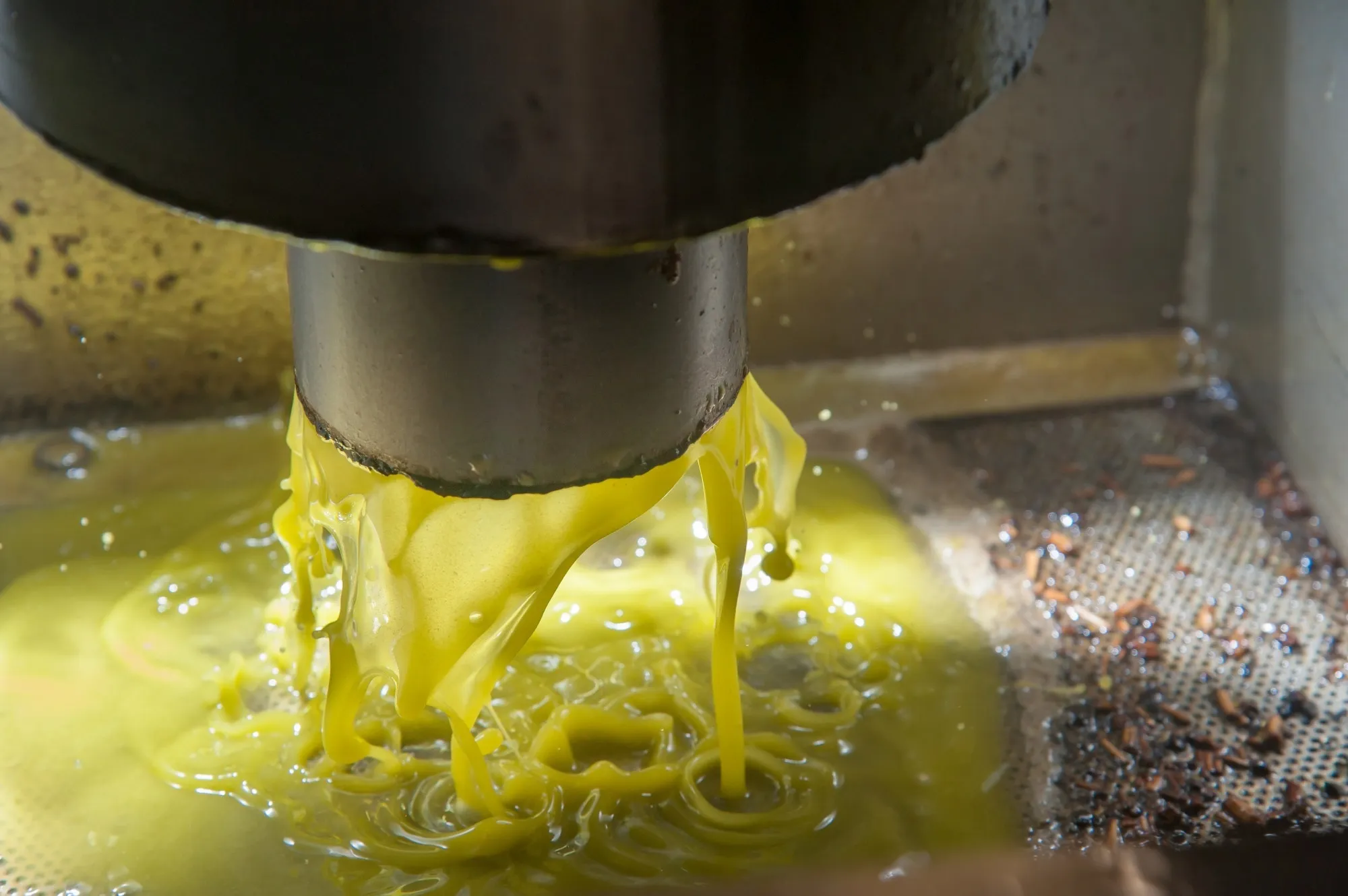Olive Oil and Its Potential in Cardiovascular Disease Prevention

Exploring the Role of Olive Oil in Cardiovascular Disease Prevention
Cardiovascular disease remains a leading health challenge worldwide. Compelling evidence suggests that olive oil, particularly its enriched by-products, may offer significant protective benefits. Hydroxytyrosol, a powerful antioxidant found in olive oil, has been shown to reduce inflammation and enhance heart health.
Key Nutritional Benefits
- Antioxidant Properties: Hydroxytyrosol helps combat oxidative stress.
- Anti-inflammatory effects on vascular health.
- Essential nutrients like potassium that support overall health.
Understanding the Mechanism
The enzymatic processes involved in the extraction of olive oil lead to a potent concentration of beneficial compounds. By facilitating better contractions of cardiac cells and maintaining vascular integrity, olive oil supplementation may be a valuable addition to preventive health strategies against cardiovascular disease.
This article was prepared using information from open sources in accordance with the principles of Ethical Policy. The editorial team is not responsible for absolute accuracy, as it relies on data from the sources referenced.